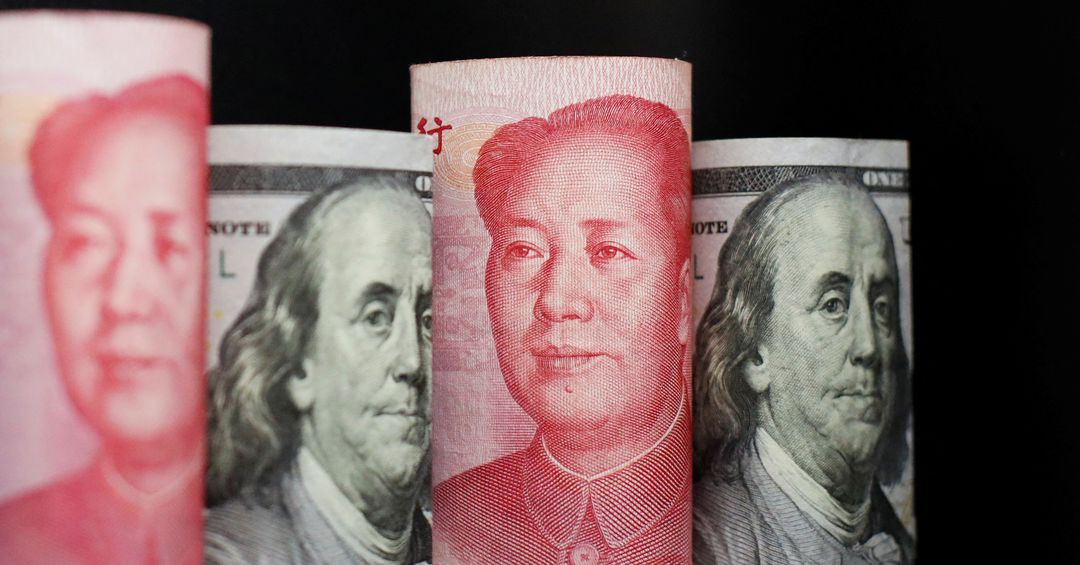Chinese entrepreneur Wang Min is delighted about Russia's embrace of the yuan. His LED lights company can price contracts to Russian customers in yuan rather than dollars or euros, and they can pay him in yuan. It's "win-win", he says.
Wang's plans have been transformed by the conflict in Ukraine and the subsequent Western sanctions on Moscow that have shut Russia's banks and many of its companies out of the dollar and euro payment systems. His contract manufacturing business with Russia has been small in the past, but now he's preparing to invest in warehousing there.
"We hope that next year sales in Russia can account for 10-15% of our total sales," said the businessman from China's southern coastal province of Guangdong, whose annual revenue of about $20 million mainly comes from Africa and South America.
Wang is seeking to capitalise on a rapid "yuanisation" of Russia's economy this year as the isolated country seeks financial security from Asian powerhouse China. He sees a win-win situation in Chinese exporters reducing their currency risks and payment becoming more convenient for Russian buyers.
While the yuan, or renminbi, has been making gradual inroads into Russia for years, the crawl has turned into a sprint in the past nine months as the currency has swept into the country's markets and trade flows, according to a Reuters review of data and interviews with 10 business and finance players.
Russia's financial shift eastwards could boost cross-border commerce, present a growing economic counterweight to the dollar and limit Western efforts to pressure Moscow by economic means.
Total transactions in the yuan-rouble pair on the Moscow Exchange ballooned to an average of almost 9 billion yuan ($1.25 billion) a day last month, exchange data analysed by Reuters showed. Previously, they rarely exceeded 1 billion yuan in an entire week.
"What happened was that it became suddenly very risky and expensive to keep traditional currencies - dollar, euro, British pounds," said Andrei Akopian, managing director of Moscow-based investment firm Caderus Capital, citing the potential danger of a bank that keeps foreign currency deposits being sanctioned










